What are the benefits of pumpkin seeds and how to use them correctly
Pumpkin seeds are a storehouse of nutrients. The unique composition of the product helps in the fight against various diseases of the cardiovascular, digestive and genitourinary systems. The seed is beneficial for adults and children. It is used in folk medicine and cooking.
In this article we will tell you in more detail about the medicinal properties, contraindications, methods and norms of using pumpkin seeds.
Composition of pumpkin seeds
Pumpkin seeds are flat in shape. The size varies from 0.5 to 1.2 cm. The peel is white, hard. Inside there is a seed in a thin green shell, which is especially valuable for the human body.
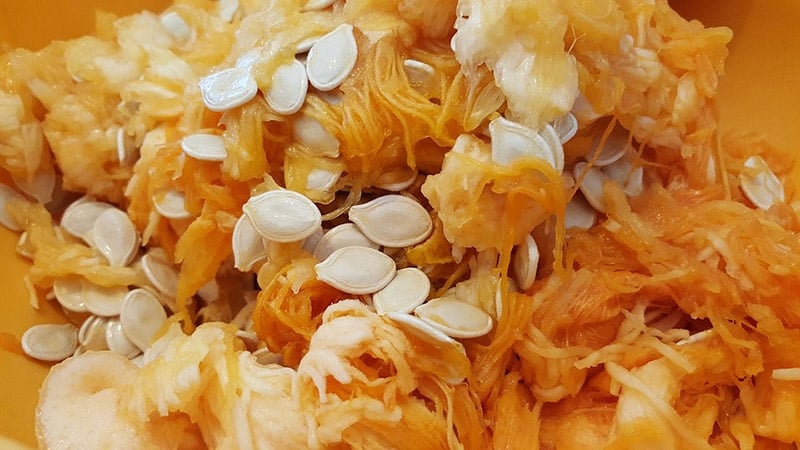
Like any product, these grains can bring both benefit and harm. It all depends on the individual characteristics of the body and the number of seeds eaten per day.
Reference. People suffering from vestibular disorders are advised to take pumpkin seeds when traveling. If you break grains with your fingers, fine motor skills are activated, to which the brain center switches attention. In this case, a distraction maneuver is triggered.
Pumpkin seeds contain a large amount of useful substances necessary for the functioning of all systems of the human body:
- amino acids;
- pectin;
- saturated and unsaturated fatty acids (omega-3, 6, 9, arachidonic, oleic);
- phytosterol;
- vitamins (A, B1, B2, B3, B4, B5, B6, B9, C, D, E);
- mineral salts;
- cellulose;
- potassium;
- manganese;
- magnesium;
- copper;
- choline;
- phosphorus;
- iron;
- zinc;
- chlorine;
- silicon;
- selenium;
- cobalt;
- iodine.
Reference. 100 g of seeds contain 170% of vitamin PP from the daily intake.
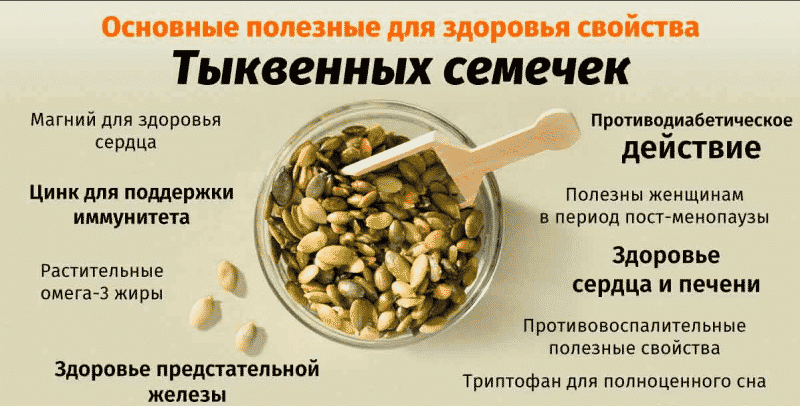
Pumpkin seeds are rich in arginine, an amino acid useful for the formation of muscles and tissues of internal organs. Tryptophan helps maintain body weight within normal limits and relieves insomnia.
Vitamins take part in biological processes, control the synthesis of hormones, normalize the functioning of internal organs, and increase resistance to viral diseases.
KBZHU
Calorie content of pumpkin seeds – 541 kcal per 100 g.
Nutrients:
- fats – 45.8 g;
- proteins – 24.5 g;
- carbohydrates – 20 g.
Medicinal properties of pumpkin seeds
Pumpkin seeds have a beneficial effect on the body and help:
- get rid of constipation;
- fight stress and depression;
- reduce joint pain;
- accelerate wound healing;
- remove “bad” cholesterol;
- eliminate inflammation;
- prolong youth;
- normalize metabolism;
- improve bowel function;
- strengthen the immune system;
- increase endurance;
- normalize blood pressure;
- remove excess liquid;
- fight certain types of worms;
- cleanse the body of waste and toxins;
- eliminate gas formation in the intestines;
- improve blood counts in diabetes mellitus;
- get rid of fungus;
- recover faster after surgery;
- accelerate hair growth.
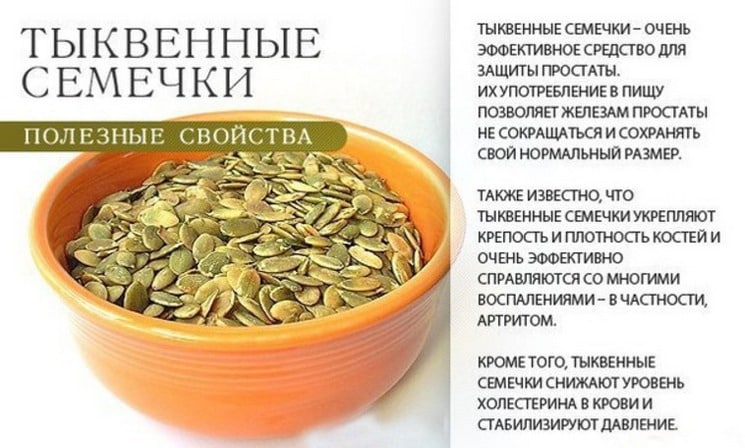
For men
Doctors advise men to include pumpkin seeds in their diet to:
- prevention of prostate adenoma, impotence;
- stimulation of hormone production;
- rapid muscle building;
- increasing physical endurance.
For women
Pumpkin seeds also have a beneficial effect on the female body:
- prevent the formation of polyps in the uterine cavity;
- ease the course of menopause;
- help maintain youthful skin, nails and hair;
- increase fertility (ability to conceive);
- relieve toxicosis and heartburn during pregnancy;
- regulate the secretion of sebum (fat);
- eliminate foci of alopecia due to the high zinc content.
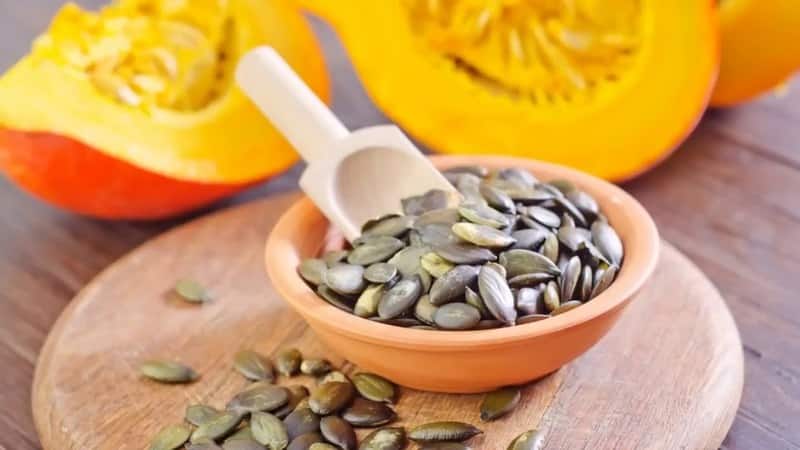
For children
The main benefit of pumpkin seeds for children is the prevention and removal of helminths. This is facilitated by the amino acid cucurbitin, which does not harm the child’s body. Just 5-10 seeds per day can improve the functioning of the digestive system.
Use for various diseases
Pumpkin seeds are used in folk healing. Every disease has its own recipe. The maximum benefit comes from grains in their raw form, without heat treatment.
To cleanse the walls of blood vessels from cholesterol plaques, improve heart function, and reduce the risk of thrombosis, it is recommended to take a decoction of pumpkin seeds. To prepare it, you need to pour 2 tbsp. l. seeds 200 ml of cold distilled water and boil over low heat for 3-5 minutes. Take ¼ cup chilled before bedtime.
The product strengthens blood vessels, relieves physical and emotional stress, normalizes sleep, and prevents the development of heart pathologies. The seeds have such a healing effect thanks to phytosterol, which prevents the absorption of cholesterol in the intestines, thins the blood and normalizes blood pressure.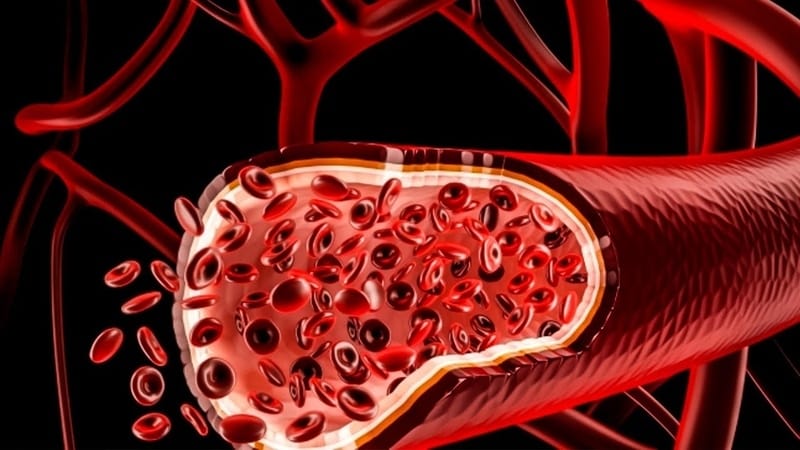
Due to the large amount of zinc, pumpkin seeds are used as a preventative against inflammation of the prostate gland in men. It is not possible to completely get rid of the pathology with the help of seeds alone, but it is quite possible to alleviate the condition. To do this, use oil and infusion of pumpkin seeds.The oil is sold in pharmacies and health food stores.
To prepare the infusion, take raw peeled seeds (150 g), make flour from them using a coffee grinder and pour in 500 ml of vodka. Seal the container and put it in a dark place for a week. Take once a day, adding 2 tsp. for 300 ml of water. The course of treatment is 7 days.
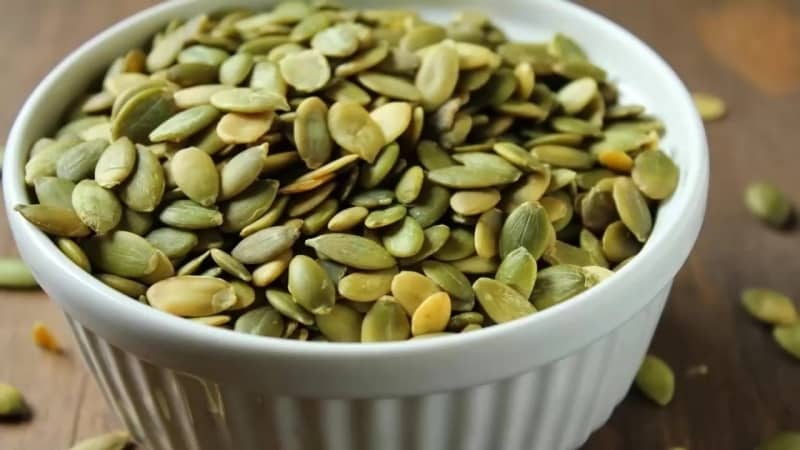
Pumpkin seeds have a mild laxative effect and cleanse the intestines of toxins and waste. To normalize the functioning of the digestive system, pumpkin oil is prescribed. The product is effective for stomach ulcers and gastritis.
From parasites
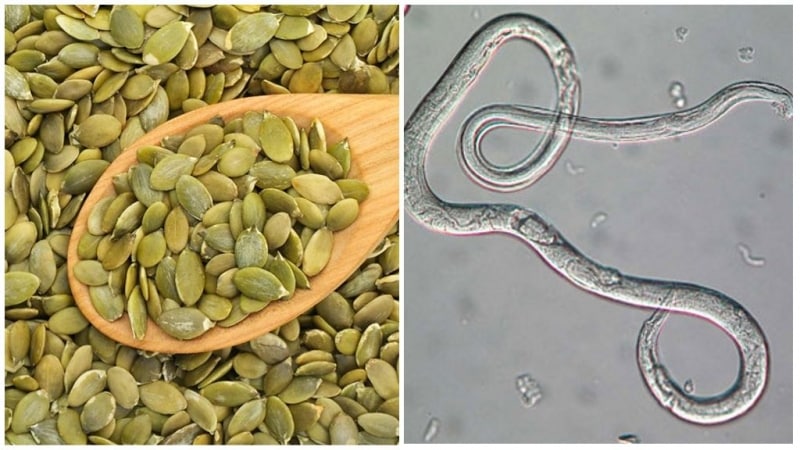
The functioning of the gastrointestinal tract is often disrupted due to the negative effects of helminths. Pumpkin seeds help get rid of certain types of parasites. The green thin shell of the grains contains the amino acid cucurbitin, which promotes the rapid removal of worms from the body.
To prepare an anthelmintic, grind 100 g of pumpkin seeds raw. Take in the morning on an empty stomach with warm milk. The dose for children is 50 g, for adults – up to 300 g. After this, drink a laxative, for example, castor oil. The course of therapy is 5 days.
Reference. Anthelmintic can be given to children from the age of two.
Prevention and general strengthening of the body
Pumpkin seeds contain zinc, which increases the body's defenses and makes it easier to endure viral diseases during the cold season.
The amino acid tryptophan is synthesized into serotonin - the “happiness hormone”, so you are guaranteed a good mood and energy.
Selenium in combination with zinc has a powerful antioxidant effect, slows down cell aging, and prevents the development of cancer.
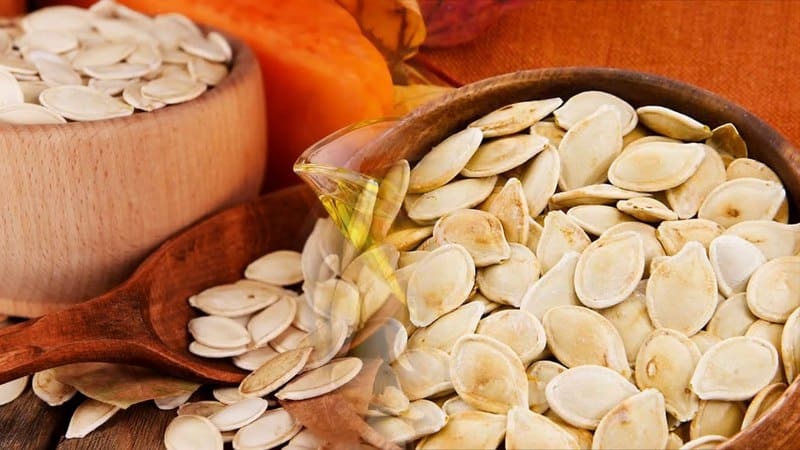
Contraindications
Pumpkin seeds are not recommended for:
- increased stomach acidity;
- allergies;
- gastrointestinal pathologies;
- obesity.
Nutritionists advise monitoring the consumption of seeds for people watching their weight and those trying to lose extra pounds and reduce body fat.
Norms and rules of use
Nutritionists advise not to overuse pumpkin seeds, given their high calorie content. In addition, grains contain a lot of protein, which causes bloating if you overeat. There is no strict daily requirement. Be guided by your own feelings and history of diseases.
To boost your immunity, eat 30-40 seeds a day.
In order to prevent and treat prostate adenoma, doctors recommend increasing the norm to 50-60 seeds per day.
The standard serving for pregnant women is 30-40 pieces. During lactation, seeds are introduced into the diet slowly, observing the child’s reaction.
Healthy people can eat up to 100 g of pumpkin seeds per day.
Tips for use:
- Prefer raw seeds to roasted ones. They contain more minerals and vitamins.
- Do not eat rancid grains with an unpleasant rotten odor.
- Peel the seeds before eating. Coarse fiber is not absorbed in the intestines and injures its walls.
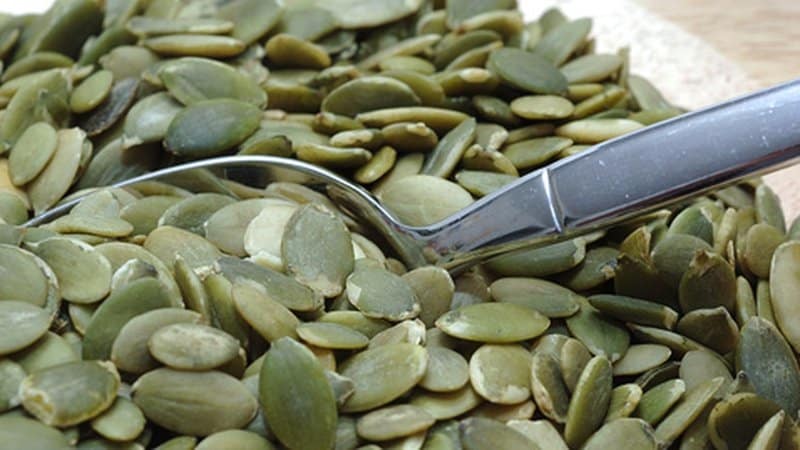
Which form is best to eat?
Pumpkin seeds are roasted, dried in the oven and eaten raw.
Fried grains are less beneficial than raw ones, since when heated to 90°C, radicals are released and fats are oxidized, and this is dangerous for the human body. If you want to crunch the seeds, it is better to dry them in the oven at a temperature of 60-70°C. After this they acquire a pleasant nutty taste.
Pumpkin seeds are added to various dishes.For example, the famous pesto sauce is prepared with the addition of expensive pine nuts. If you replace them with seeds, it won't get any worse. Most likely, you won’t even feel the difference, but the benefits from such a product are no less.
Pumpkin seeds are often included in the dough for grain bread. They are added to cereals, salads, healthy snacks, granola, and fruit bars.
Drying and storage
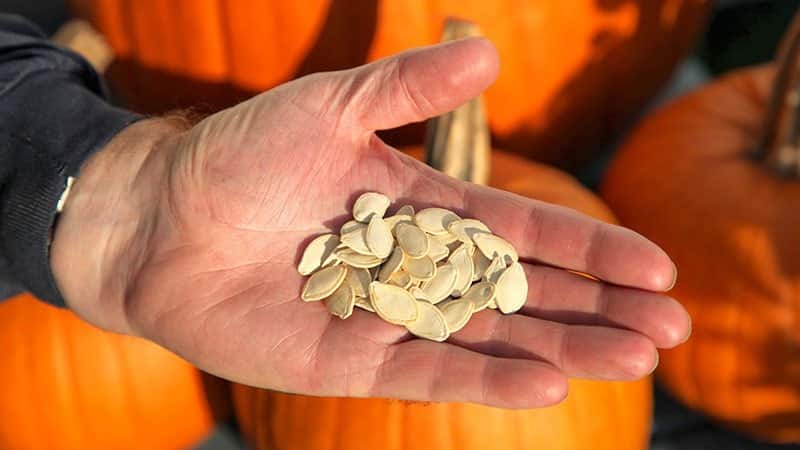
For drying The seeds of fully ripened pumpkin are suitable. To get them, first cut the melon into pieces. Remove the stringy pulp and separate the seeds. Place a thin layer on cloth or paper and leave to dry in a well-ventilated area. Stir occasionally.
Store the seeds in a glass container or linen bag. Choose a cold and dark place for this purpose. Hulled fresh seeds are stored in the refrigerator for about a month, dried grains in bags - no more than 12 months.
Properties of pumpkin seed peel
Pumpkin husks contain the same minerals and vitamins as the seeds. The downside is that it is not digested in the stomach and is completely tasteless. Infusions and decoctions are prepared from the peel.
The advantage of the shell is that it contains a large amount of zinc, a mineral necessary for the normal functioning of the entire body.
Read also:
The best pumpkin varieties for seeds: features of choice.
A miraculous tasty mixture - the benefits of pumpkin seeds and honey.
A tasty and healthy medicine - pumpkin seeds with honey for prostatitis.
Conclusion
Pumpkin seeds are not a panacea for all diseases. But when used correctly, they help normalize the body’s condition and replenish the lack of vitamins and minerals.
The product is extremely useful for women during pregnancy and men suffering from inflammatory dysfunctions of the genitourinary system. Pumpkin seeds have long been known as an antiparasitic agent.